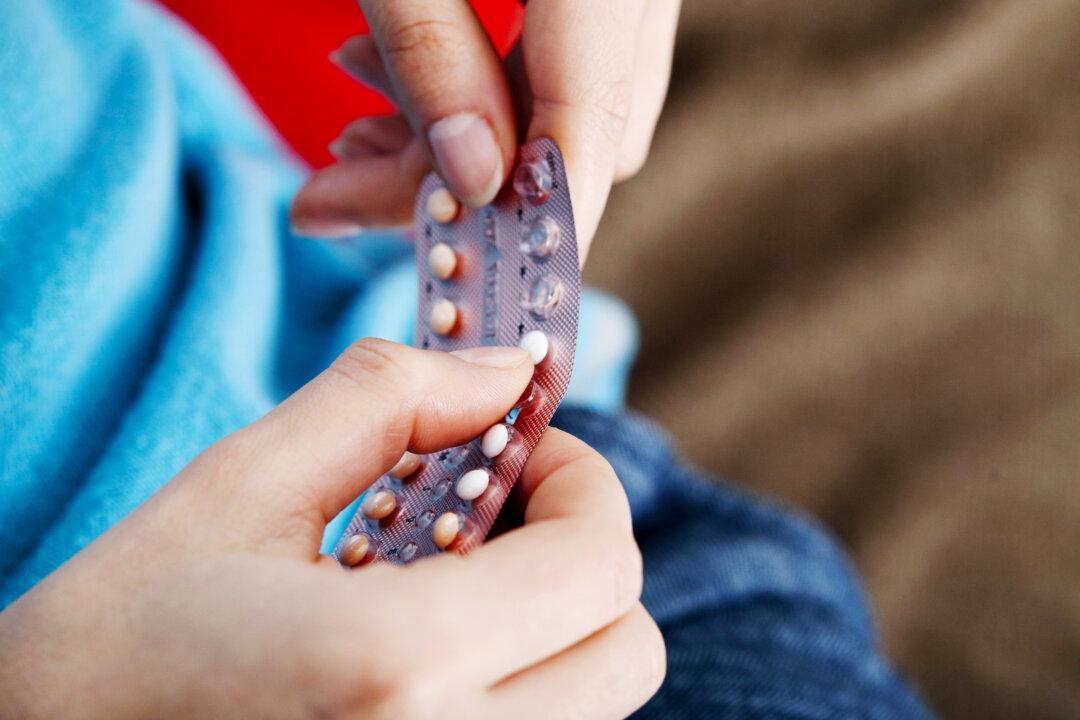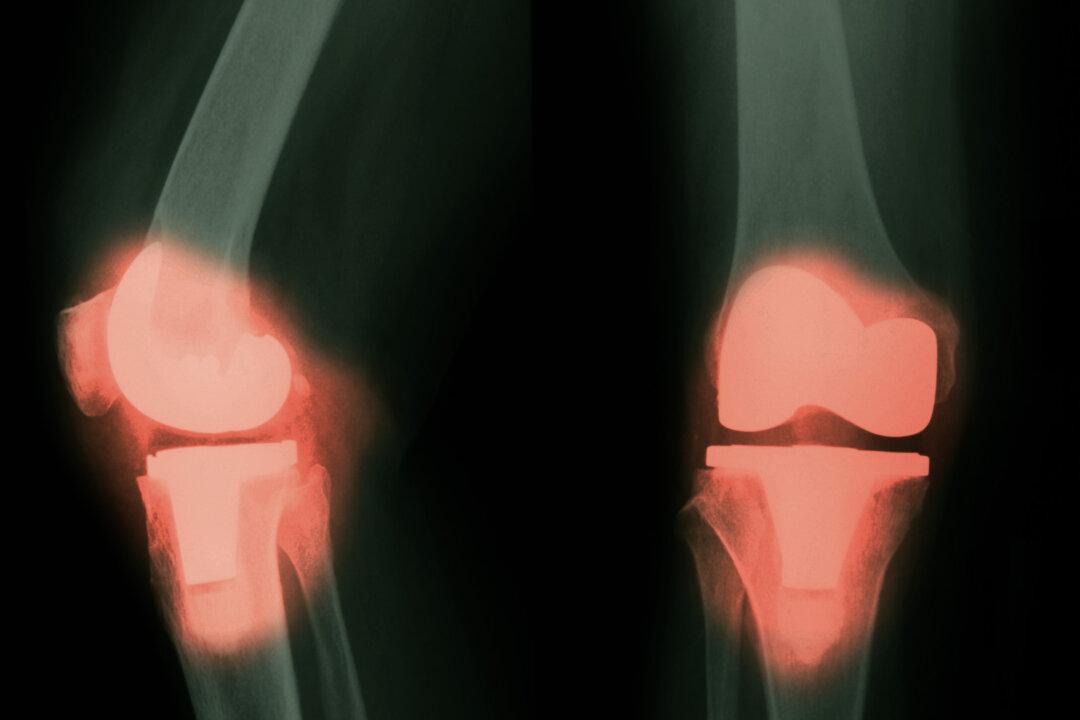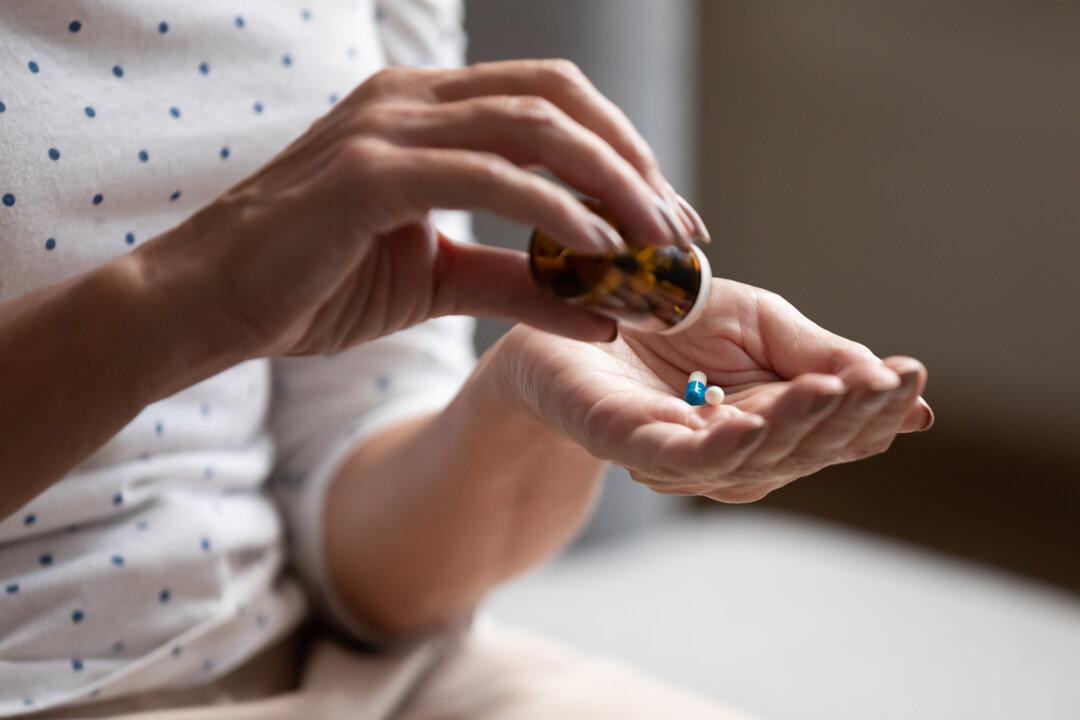Mediterranean Diet and Depression
One key area of research in this field has focused on the relationship between diet quality and depression risk.Dr. Timothy Sullivan, chair of psychiatry and behavioral sciences at Staten Island University Hospital, part of Northwell Health in New York, said that various studies and systematic reviews show that diets high in red meat and refined carbohydrates and low in vegetables and fiber are associated with an increased risk of depression.
Several studies have found that individuals who consume a diet high in fruits, vegetables, whole grains, nuts, and legumes (often referred to as a “Mediterranean-style” diet) may have a lower risk of developing depression over time.
“There are an equal if not greater number of studies demonstrating that changes in diet can produce significant improvement in depressive outcomes,” he told The Epoch Times. “Following a Mediterranean diet (or similar) is associated with decreased mood risk and better health outcomes in persons experiencing depressed mood.”
“This provides a reasonable evidence base to assess the role of dietary interventions to prevent depression,” the study authors wrote.
DASH Diet Improved Symptoms
But this isn’t the only dietary approach that works. Research finds other healthy dietary patterns, like the Dietary Approaches to Stop Hypertension (DASH) diet, also improved symptoms of depression.Most people know the DASH diet limits sodium, but it’s actually more than that. The DASH diet also emphasizes foods rich in potassium, as well as foods that are rich in magnesium and calcium. It emphasizes plenty of vegetables, fruits, whole grains, fish, poultry, and nuts.
It also limits sweets and sugary beverages.
There is growing evidence that certain dietary patterns, such as high-sugar or high-fat diets, may increase the risk of depression.
“It is interesting to note that alterations in the gut microbiome affect, among other things, serotonin receptors in the central nervous system,” said Sullivan. “But also that alterations in serotonin receptors in the brain can have a direct effect on the gut microbiome.”
Certain Nutrients Reduce Risk of Depression
While antidepressant medications and therapy can be effective treatments, many people turn to vitamins, minerals, and other supplements to help relieve or prevent depression. Let’s take a closer look at six research-backed supplements for depression:- Omega-3 Fatty Acids: These are a type of polyunsaturated fat found in fish oil, flaxseed, and walnuts. A review of three studies finds omega-3s to be more effective than a placebo for depression in both adults and children, in small controlled studies and in an open study of bipolar depression.
- Vitamin D: Low levels of vitamin D have been linked to depression, and recent research involving nearly 4,000 people finds a strong association between low vitamin D levels and depression.
- B Vitamins: Research finds that vitamin B deficiency, especially in B1, B6, B9, and B12, is associated with mood disorders that eventually cause stress or depression. Another study finds that vitamins B1, B3, B6, B9, and B12 are essential for brain function and deficiencies have been linked to depression.
- Zinc: It’s essential for maintaining good brain health, and studies have found that people with depression often have lower levels of zinc in their bodies. Supplementing with zinc may help improve symptoms of depression in people with low levels of this mineral.
- Saffron: Commonly used in cooking, this spice has also been studied for its potential as a natural antidepressant. A meta-analysis of studies finds saffron has a strong effect on depression severity, and data from randomized, controlled clinical trials found saffron was significantly more effective than a placebo.
- Probiotics: These bacteria support our gut microbiome. A systematic review of studies supports the potential role of probiotics in reducing the risk of depression.
It’s important to note that while supplements can be helpful for some people with depression, they should never be used as a substitute for proper medical care. If you are experiencing symptoms of depression, you should speak with a health care professional to determine the best course of treatment for you.
Additionally, some supplements can interact with prescription medications, so it’s important to talk to your doctor before starting any new supplements.





